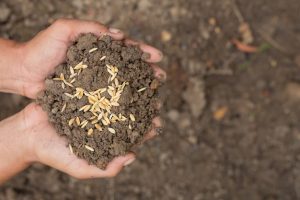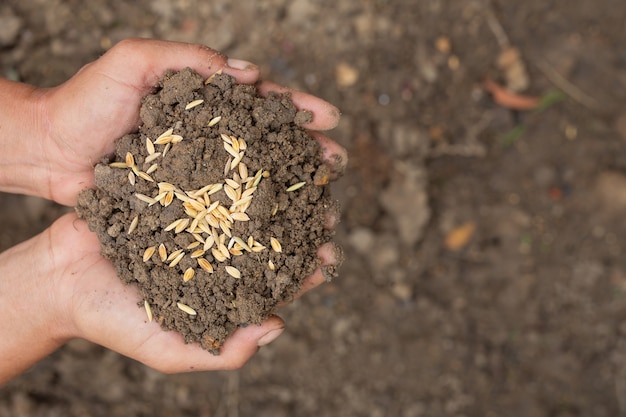The Power of Organic Fertilizers in Gardening
Gardens are a testament to the intricate dance between plants and the environment. To orchestrate this symphony of growth, Garden Fertilizers take center stage. These natural nutrient sources provide essential elements that enable plants to flourish without compromising the ecosystem. By embracing organic fertilizers, you can nurture your garden’s health while preserving the delicate balance of nature.
Understanding the Essentials of Organic Nutrient Enrichment
Before delving into the world of organic fertilizers, it’s crucial to comprehend the nutrients that plants require for optimal growth. These nutrients are categorized into three primary groups:
- Macronutrients:
- Nitrogen (N): Promotes leafy growth and overall vigor.
- Phosphorus (P): Supports root development, flowering, and fruiting.
- Potassium (K): Enhances disease resistance, water uptake, and overall plant health.
- Secondary Nutrients:
- Calcium (Ca): Strengthens cell walls and regulates nutrient uptake.
- Magnesium (Mg): A key component of chlorophyll, essential for photosynthesis.
- Sulfur (S): Important for protein synthesis and enzyme function.
- Micronutrients:
- Iron (Fe), Zinc (Zn), Copper (Cu), Manganese (Mn), Boron (B), Molybdenum (Mo), Chlorine (Cl): Required in trace amounts for various biochemical processes.

Premier Organic Fertilizers for Thriving Garden Bounty
- Compost: A treasure trove of organic matter, compost enriches the soil with nutrients, improves structure, and enhances water retention.
- Manure: Well-aged animal manure contributes valuable nutrients while also improving soil texture and fertility. Avoid using fresh manure to prevent burning plants.
- Fish Emulsion: Derived from fish byproducts, this liquid fertilizer is rich in nitrogen and micronutrients. It provides a quick nutrient boost and is ideal for promoting lush foliage growth.
- Bone Meal: A source of phosphorus and calcium, bone meal supports root development and flowering. It’s particularly beneficial for bulb and root crops.
- Seaweed and Kelp Fertilizers: Packed with micronutrients, seaweed and kelp extracts stimulate plant growth, enhance stress tolerance, and improve nutrient uptake.
- Cover Crops and Green Manure: Planting cover crops like legumes and grains replenishes the soil by fixing nitrogen and adding organic matter when tilled under.
- Worm Castings: Vermicompost or worm castings are nutrient-rich organic matter produced by earthworms. They improve soil structure and enhance nutrient availability.
Pro Tips for Effective Application and Garden Flourishing
- Balanced Nutrition: Use a mix of fertilizers to provide a balanced nutrient profile. Complement nitrogen-rich options with those high in phosphorus and potassium.
- Timing Matters: Apply fertilizers at the right time based on plant needs. Focus on nitrogen during rapid growth phases and shift to phosphorus and potassium during flowering and fruiting.
- Adequate Watering: Ensure thorough watering after fertilization to help nutrients penetrate the root zone. Too little water can result in nutrient imbalances and poor uptake.
- Mulching Magic: Apply organic mulch to retain soil moisture, suppress weeds, and gradually release nutrients as the mulch breaks down.
- Observation and Adjustments: Regularly assess plant health and adjust fertilization based on any signs of nutrient deficiencies or excesses.
In conclusion,
the art of cultivating flourishing gardens lies in the careful selection and application of organic fertilizers. By harnessing the power of nature’s nutrients, you can create a thriving ecosystem that yields bountiful harvests and vibrant, healthy plants.




